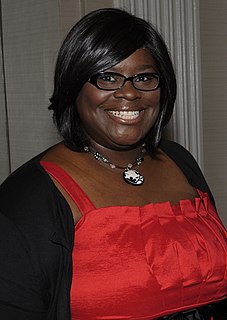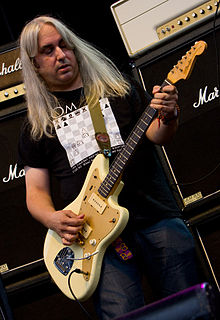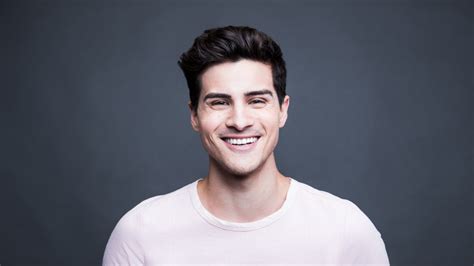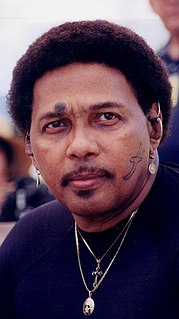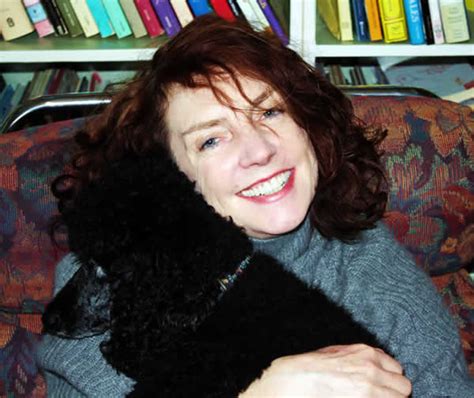A Quote by Alex Kurtzman
I think that the line between television and features started to blur a couple years ago. The standards started to become the same, which is that the idea had to be very loud. The show didn't have to be loud; the idea had to be loud. It had to cut through the clutter.
Related Quotes
The first of the four noble truths of Buddhism, that there is suffering in life, was enormously important to me. No one had ever said it out loud. That had been my experience, of course, but no one had ever talked about it. I didn't know what to do with all the fear and emotions within, and here was the Buddha saying this truth right out loud.
Disney is very much a child's theater - it's a very specific kind of acting. It's loud and boisterous with the goal to draw the attention of children and keep the attention of children, and it can kind of be cheesy and loud, and I had to unpack a lot of that, because as an actor, you kind of internalize, and you basically become a character.
It seemed so wimpy at first when I started to play [guitar]. So I started playing loud with lots of effects just to try to mimic the dynamic [of the drums]. Drums seemed a lot more expressive. [I was] Trying to emulate the feeling of playing the drums on the guitar - I guess that's why I played it so loud.
When Rose takes to screaming, she starts loud, continues loud, and ends loud. Rose has a very good ear and always screams on the same note. I'd tested her before I burnt the library, and our piano along with it. Rose screams on the note B flat. We don't need a piano anymore now that we have a human tuning fork.


